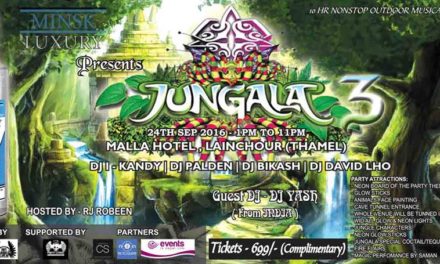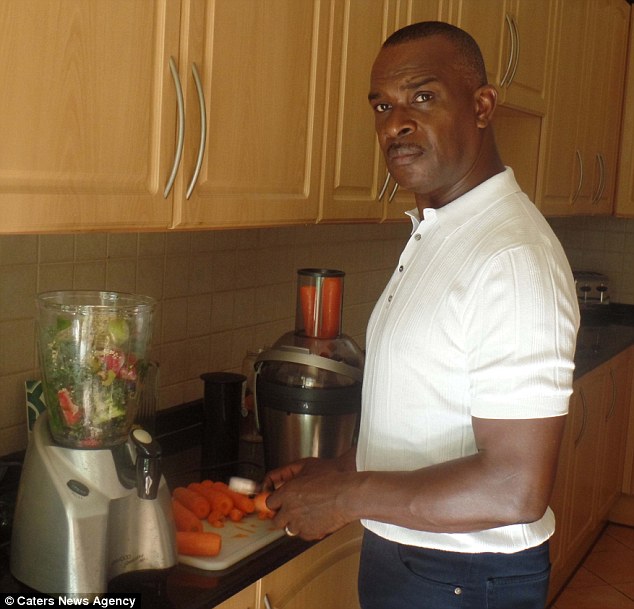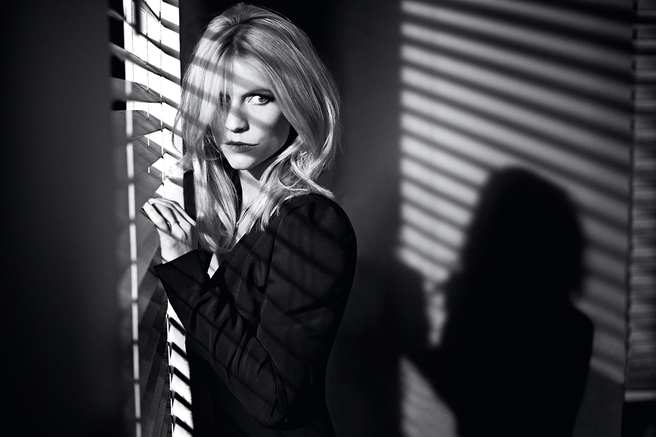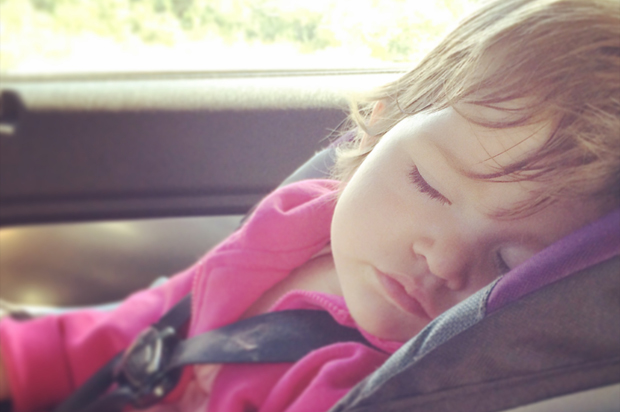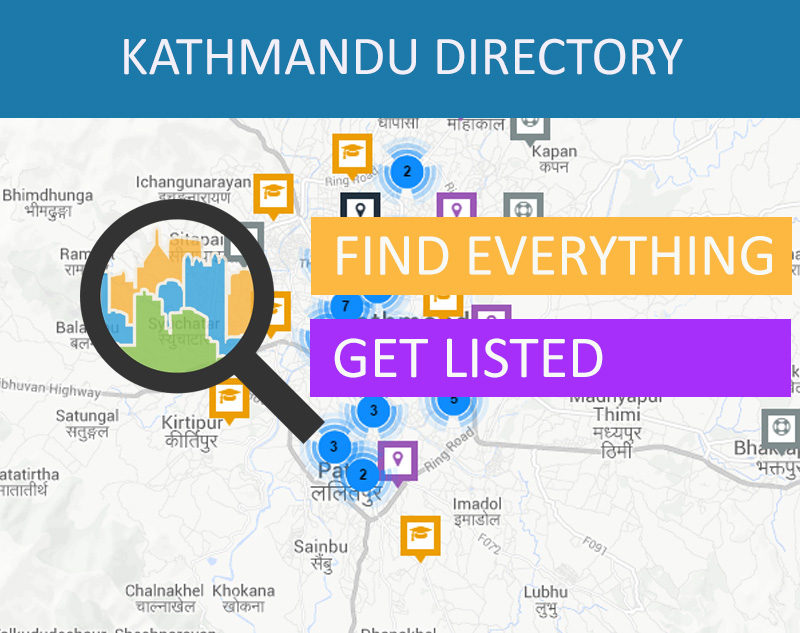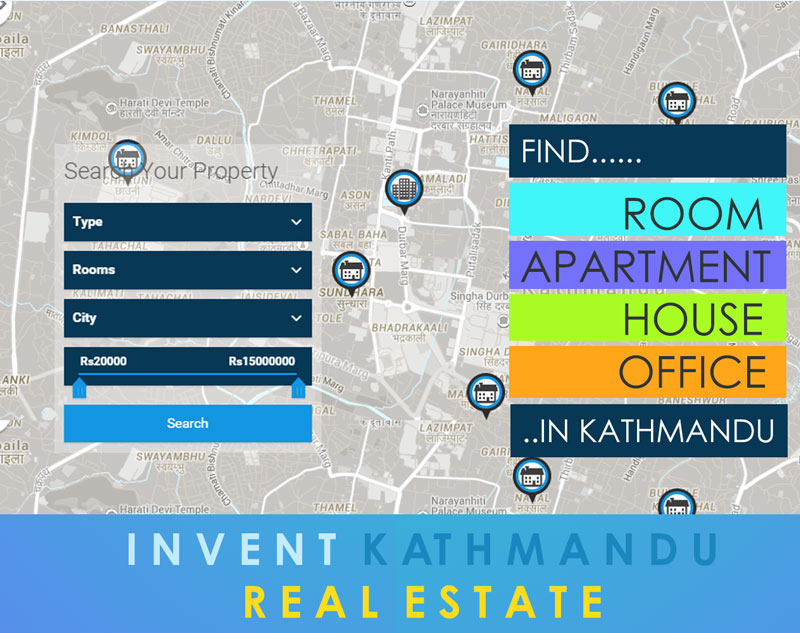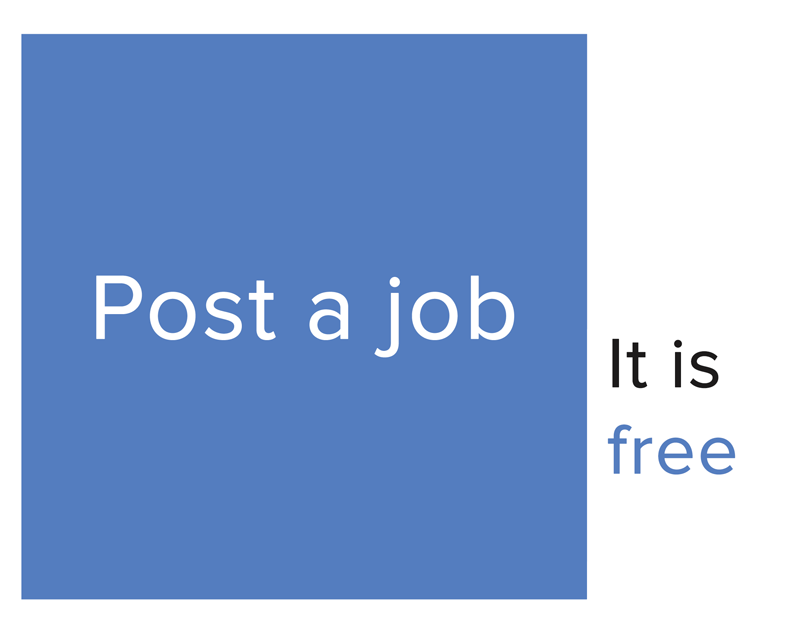
I am a widow and feel exhausted by work and family – but I am terrified to stop in case I can’t start again
The dilemma My husband died, after a long illness, when I was 40, leaving me with four young children. I left work for nine months to look after him at home and returned to my full-time job two weeks after he died. This may seem very soon, but I needed to provide for my children and I have always enjoyed my job, which also gave me something positive to focus on. It is now seven years since his death. I feel tired. I would like to take some time out, but am too anxious about finances and am also scared that if I stop for a minute I’ll go under my duvet and not come out.
Mariella replies Don’t I know that feeling! Your situation is quite specific, but the fear you express about slowing down is a pretty universal condition. Keeping busy has become the mantra of our age, and the belief in perpetual activity as the way to stay afloat has proved to be a pervasive one. How often do you see a person loitering unless they’re unfortunate enough to be living in a shop doorway? How come it’s not the scary creatures charging up pavements, bellowing into phones without a care for fellow pedestrians, that we view as weird, but the small minority hanging around minding their own business? These days sitting on a park bench makes you appear less a budding Proust than a candidate for care in the community.
Our stress levels have become something we boast about, and being “busy” is an acceptable excuse for almost everything, from abandoning our parents to farming out our children and cancelling friends. You can’t help wondering when it was that frenetic activity achieved its enhanced status in our society. Idling away a day or even an afternoon without checking phones, PCs or social networks marks you out not as a person with a balanced approach to life but as a Neanderthal loser!
That instinct to push on is rife in all walks of life, so it’s no wonder you turned to it as a coping mechanism. You’ve done what any instinctive survivor would have done following a major trauma: knuckled down and got on with what had to be done. Now the same instinct that dictated your immediate response to your husband’s death is whispering in your ear again, and I think you’d do well to listen.
The only issue here is your all-or-nothing approach to your next step. You’re asking me if you should move from full throttle to total inertia when we both know that it’s the middle ground you need to be aiming for. It’s clearly time you stopped being scared of introspection and allowed yourself and perhaps your children a moment to come to terms with what’s passed and to consider the future. The instinct to keep moving ahead may be a persuasive one, but so, too, is the desire to pull the duvet over our heads and hibernate. Neither is the answer.
I suggest you start by carving out a little extra space in your life. I’ve written about mindfulness in the past, and I’m wondering whether in your case it’s the perfect way to locate space to pause without jeopardising your work? Try the Be Mindful website (bemindful.co.uk) for podcasts and details of mindfulness practitioners. Grief counselling also seems to me a must to allow yourself and your kids the chance to discuss and come to terms with the loss their father. Cruse Bereavement Care is the UK’s leading bereavement support charity and offers phone and email support as well as face-to-face appointments (cruse.org.uk or 0844 477 9400).
This is a case of “better late than never”, and while I appreciate what’s driven you up until now, it’s worth pausing to take stock. You can’t just give up the day job and, to be honest, I think that’s a good thing. There’s a world of difference between running away from our troubles and keeping pace with them. You’ve spent a long time switched to fast forward so no wonder you are tired; as any marathon participant will tell you, a cool-down period has to follow such strenuous activity. You’ve done the tough work by simply putting distance between yourself and your bereavement – now it’s time to slow down and tune into the more cerebral part of your body. It’s only fear that will drag you back, but conquering it will make you strong. There’s nothing to lose.
Email Mariella at [email protected]. Follow her on Twitter @mariellaf1


